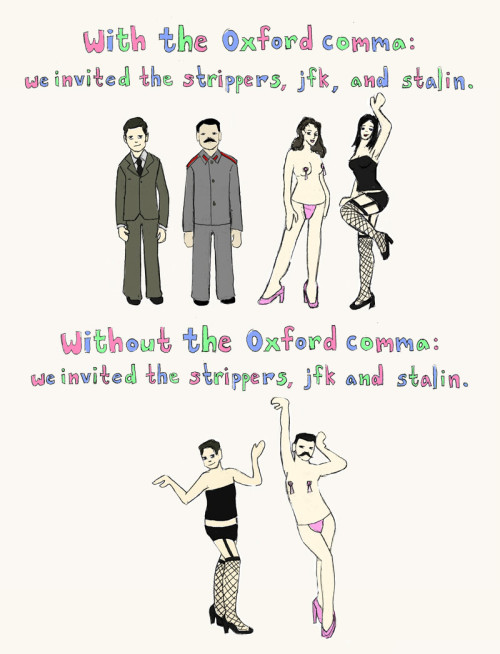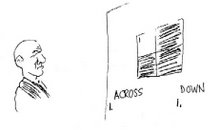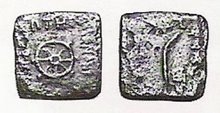 The above is my favorite illustration from any book that I have ever encountered.
The above is my favorite illustration from any book that I have ever encountered.Perhaps I will delve into it just a bit. At one extreme, you have "hot" emotionalism which leads people to _scream_, _cry_, _shout_, _fart_, and dance with snakes. At the other extreme you have "cold" rationalism where people reflectively think, reason, and dare to understand. Revelation comes not from emoting but rather from reflective thinking.
Emotionalism knows no wisdom. Rationalism needs no wisdom.
Now I am not addressing ENTJ personality types here. Nor am I addressing INTJ folks. Nor am I even referring to the Myers-Briggs Type Indicator®. There is some value to the MBTI® assessment. Especially where you are trying to cure a "sick company" or dysfunctional board of directors.
I am talking about a party of one - YOU. And I am talking about how you are going to cope in an increasingly difficult world - one where poverty is the norm.
"The prognosis for the next few years is bad with a chance of worse."
Today I am a:
slightly expressed Extravert
slightly expressed Sensing personality
moderately expressed Thinking personality
moderately expressed Judging personality
Other days, I am other things than slightly ES and moderately TJ... personality is dynamic and, like everything else in nature, subject to change. I am most often ENTJ. Not that it matters because it doesn't. I'm retired. If my conversation at PEET's offends thee, rip out your ears. But, please, go somewhere else to do it.
It's the "T" part - THINKING over emoting. I recall one incident at the SFZC when Brad gave a talk about Shobogenzo (and his book Sit Down and Shut Up). During the questions period, a woman went on and on in a testimonial about how sitting Zazen had brought her compassion to full fruition. I studied the absence of reaction in the room and eventually she noticed it also. This was clearly not a cry-in.
Thinking people have to throttle their ability somewhat to get along with groups. Emotional people have to curb their emotions to get along with groups. It's like the ANS and Nishijima... balance.
Sick joke:
What do 5,000 battered women have in common?
(Pounding fist on table and screaming) "They just won't learn to listen!"
Analysis: Battered women are often paired with insecure men who lack emotional maturity, coping skills, and often have severe anger control issues (the anger arises from a general lack of ability to compete in the job market, gain and keep the respect of others, hold one's own ground in a conversation, and a propensity to self-medicate with alcohol or narcotic substances). These women often have serious issues of their own - co-dependence being one.
Battered voters have an instrument of revenge - the ballot. If and when these voters wake up to the realization that they have been battered by the emotionalism of right wingnut radio and other republican thugs, they will tune them out, cast them out, and never return their support.








